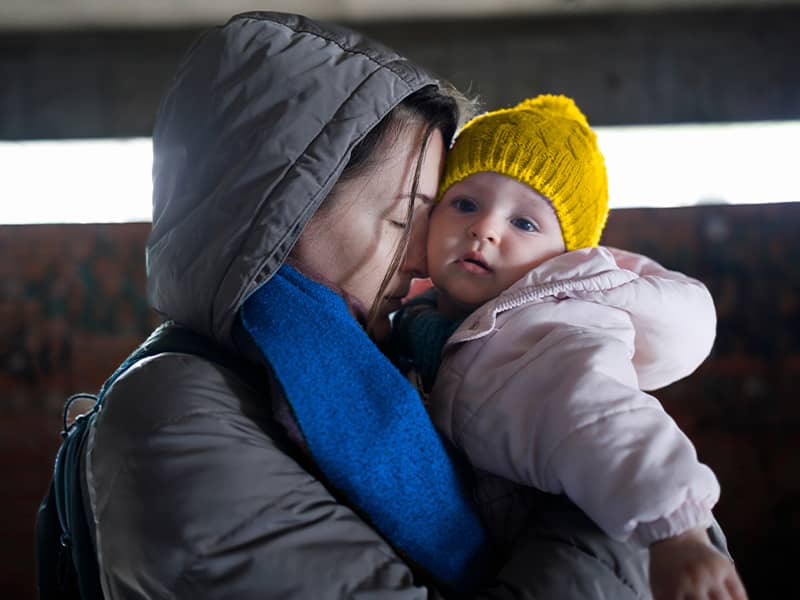As part of the plea bargain, prosecutors dropped charges that Enaam Arnaout aided bin Laden. But they insisted he committed the offense, and said they agreed to the plea bargain to secure a conviction and Arnaout's cooperation while sparing the government the expense of a trial. "We are prepared to prove that he did support al-Qaida when that issue is addressed at sentencing," Attorney General John Ashcroft said in Washington.
Arnaout faces a maximum of 20 years; no sentencing date has been set. The case has been considered a major part of government efforts to choke off the flow of U.S. dollars to terrorists around the world.
Arnaout, 41, admitted defrauding donors to his 10-year-old Benevolence International Foundation, based in suburban Palos Hills, by telling them the group helped only widows, orphans and the poor in Muslim lands.
The Syrian-born U.S. citizen admitted that some money was "used to support fighters overseas." Specifically, he said donations were used to buy boots and uniforms for Chechen rebels fighting the Russian army and boots, tents, uniforms and an ambulance for use by soldiers in Bosnia-Herzegovina. Arnaout was silent on what prosecutors described as his long-standing ties to bin Laden's al-Qaida terrorist network.
U.S. Attorney Patrick Fitzgerald said Arnaout promised to cooperate in future investigations, and if he does not tell the government about his alleged ties to al-Qaida, prosecutors will not recommend a break at sentencing. Prosecutors have said that Arnaout provided a "substantial" amount of money to al-Qaida but have not been more specific.
Arnaout's plea to a single racketeering conspiracy count came as jury selection in his trial was about to get under way. "In entering a plea today, Mr. Arnaout made a decision that he believes is in the best interest of his family, the charity and the American Muslim community," said his attorney, Joseph J. Duffy. Duffy added: "One has to question whether a fair and impartial jury could be found anywhere in America today that could sit in judgment of an Arab-American in a case involving allegations of terrorism."
Benevolence International Foundation was founded in 1992 and says it sent $20 million overseas for charitable purposes from then until Dec. 14, 2001, when the government shut it down following the Sept. 11 attacks. Federal agents raided its office, and the government froze its bank accounts.
Arnaout was arrested in April following a raid on Benevolence offices in Bosnia where agents found minutes of the meeting at which al-Qaida was founded and photos suggesting close ties between Arnaout and bin Laden. He has been in custody ever since.
Arnaout's plea agreement followed a setback for the government last week, when U.S. District Judge Suzanne B. Conlon refused to let prosecutors introduce hearsay testimony. Hearsay is sometimes permitted in conspiracy cases, but Conlon said the government had not shown enough evidence that any conspiracy involving Arnaout existed.
Defense attorneys had been expected to raise the hearsay objection if prosecutors called Jamal Ahmed al Fadl, a former al-Qaida member, to testify that bin Laden once told him he was using Benevolence to transfer money around the world.
Fitzgerald said hearsay would be allowed at Arnaout's sentencing.

